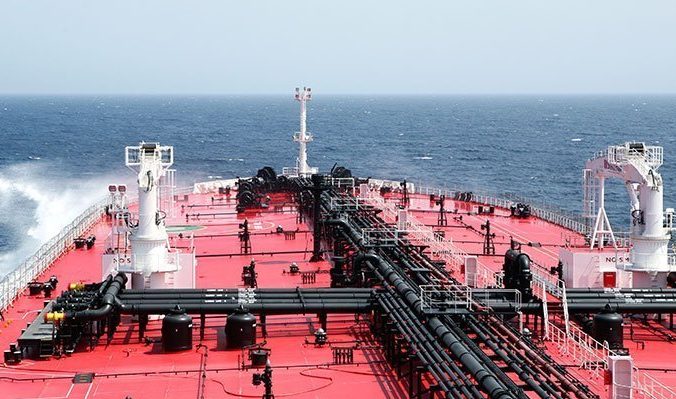
The Nigerian government has provided details of its backdated tax demands for tanker owners who called at the nation in the previous decade, a move that has spooked the tanker industry with many ships steering clear of the West African nation over fears of possible vessel arrests.
Tanker organisation INTERTANKO sent a memo to its members last week outlining the new tanker taxes covering the period from 2010 to 2019, which are already having a sizeable impact on suezmax rates.
“This also raises the possibility that other demands could be made for the post-2019 period,” brokers BRS commented in its latest weekly tanker report. The few owners who remain willing to lift from Nigeria are now demanding steep premiums and contributing to a steep rally in TD20 rates from West Africa to Europe, BRS observed.
The government under new president Bola Tinubu has given owners a three-month window to clear these new tax bills, some of which are for millions of dollars.
The special adviser to the president on revenue, Dr Zachaeus Adedeji briefed local media this week, saying: “We’ve now resolved within ourselves to settle this issue as quickly as possible, just to make sure that we don’t affect the flow of the products in and outside the country.
“We also made it clear that Nigeria will not accept any blackmail by defaulters, who are not complying with our laws. We have laws and they must be respected and obeyed.
“However, we will not detain or arrest any defaulting ship or vessel because this is what is causing panic. We’ve sent them a demand notice and then they’ve also come and the agreement is that we should give them time. So we’ve agreed to set up a technical committee to resolve these issues.”
